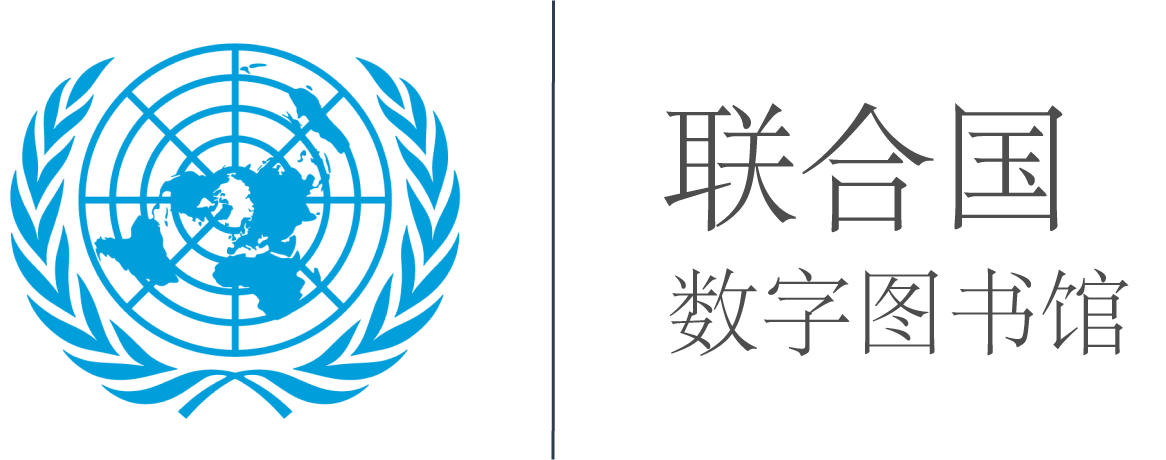How shocks turn into crises : national policies for advancing social development in turbulent times
2024
格式
| 格式 | |
|---|---|
| BibTeX | |
| MARCXML | |
| TextMARC | |
| MARC | |
| DublinCore | |
| EndNote | |
| NLM | |
| RefWorks | |
| RIS |
详细记录
标题How shocks turn into crises : national policies for advancing social development in turbulent times
摘要
Shocks and crises have become more frequent, intense and widespread in an interconnected world, affecting more people across the globe. Crises that might have previously remained relatively contained within a well-defined geographic region, are now propagated rapidly through globally interconnected systems and networks in areas such as economics, finance, the environment and health. The 2008 Global Financial Crisis is an example of how financial shocks spread through the interconnected balance sheets of financial institutions, causing havoc around the world.
作者Vieira, Sérgio Pires
LaFleur, Marcelo
Helgason, Kristinn Sv.
UN. Department of Economic and Social Affairs. Economic Analysis and Policy Division. Development Research Branch
LaFleur, Marcelo
Helgason, Kristinn Sv.
UN. Department of Economic and Social Affairs. Economic Analysis and Policy Division. Development Research Branch
日期[New York] : UN, Department of Economic and Social Affairs, December 2024
描述
5 p. : ill.
备注
This policy brief draws on analysis undertaken for the World Social Report 2024 and is a companion brief to UN DESA Policy Brief No. 166 that presented priorities for global actions to advance social development during converging crises
